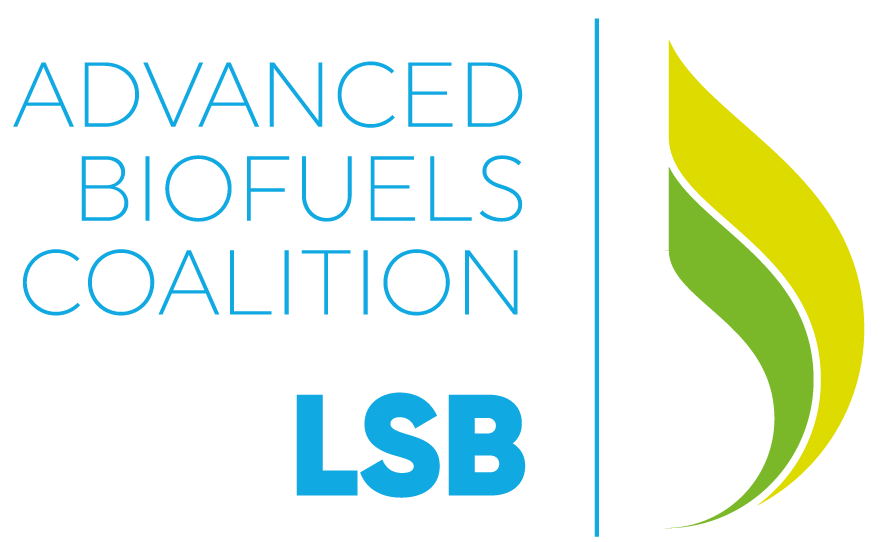[et_pb_section fb_built=”1″ _builder_version=”3.29.3″ fb_built=”1″ _i=”0″ _address=”0″][et_pb_row _builder_version=”3.29.3″ _i=”0″ _address=”0.0″][et_pb_column type=”4_4″ _builder_version=”3.29.3″ _i=”0″ _address=”0.0.0″][et_pb_text _builder_version=”3.29.3″ hover_enabled=”0″ _i=”0″ _address=”0.0.0.0″]

Advanced Biofuels Coalition (LSB) position on Net Zero Industry Act
The Advanced Biofuels Coalition (LSB), representing the leading companies in the advanced biofuels industry, express its concerns that despite the urgent need to accelerate defossilization of transport in road, aviation and maritime sectors, the Net Zero Industry Act does not recognize the role of the renewable low-carbon fuels sector and advanced biofuels.
- LSB regrets that advanced biofuels are not specifically listed in the Net Zero Industry Act proposal as a technology to be considered within the scope of support and more specifically, as strategic net-zero technologies alongside other technology areas. While we appreciate that sustainable alternative fuels are included in the definition of net-zero technologies, we fail to understand that they are not included as a strategic technology. Advanced biofuels are of strategic relevance as they provide a sustainable domestic resource that can strongly contribute to the EU energy security and climate goals.
- We understand the Net Zero Act is a response from EU authorities to the US Inflation Reduction Act and other major economies active support to key enabling technologies. Outside of the EU bloc, policymakers are expanding incentives to support an accelerated contribution of advanced biofuels to transport The US IRA in particular includes significant tax credits in support of sustainable alternative fuels. On the contrary, the Net Zero Industry Act only includes a short list of sectors with no clarity on how the European Commission has determined such a list and which criteria have been used.
- Advanced biofuels produced from Annex IX part A feedstocks (Renewable Energy Directive) can help decreasing GHG emissions up to 95% and have the potential to become zero emission. They represent novel technologies and highly sustainable alternative energy sources, as recognized by the mandate in the RED, and like other net zero technologies they require quick scaling up through faster permitting.
- We call upon the co-legislators to amend the proposal and secure.
Contact:
Marko Janhunen
Chair, Advanced Biofuels Coalition
marko.janhunen@upm.com
tel. +358 50 590 0047
[/et_pb_text][et_pb_image src=”https://www.advancedbiofuelscoalition.eu/wp-content/uploads/2023/03/lsb_members_22-03-2023.jpg” _builder_version=”3.29.3″ _i=”1″ _address=”0.0.0.1″][/et_pb_image][/et_pb_column][/et_pb_row][/et_pb_section]

